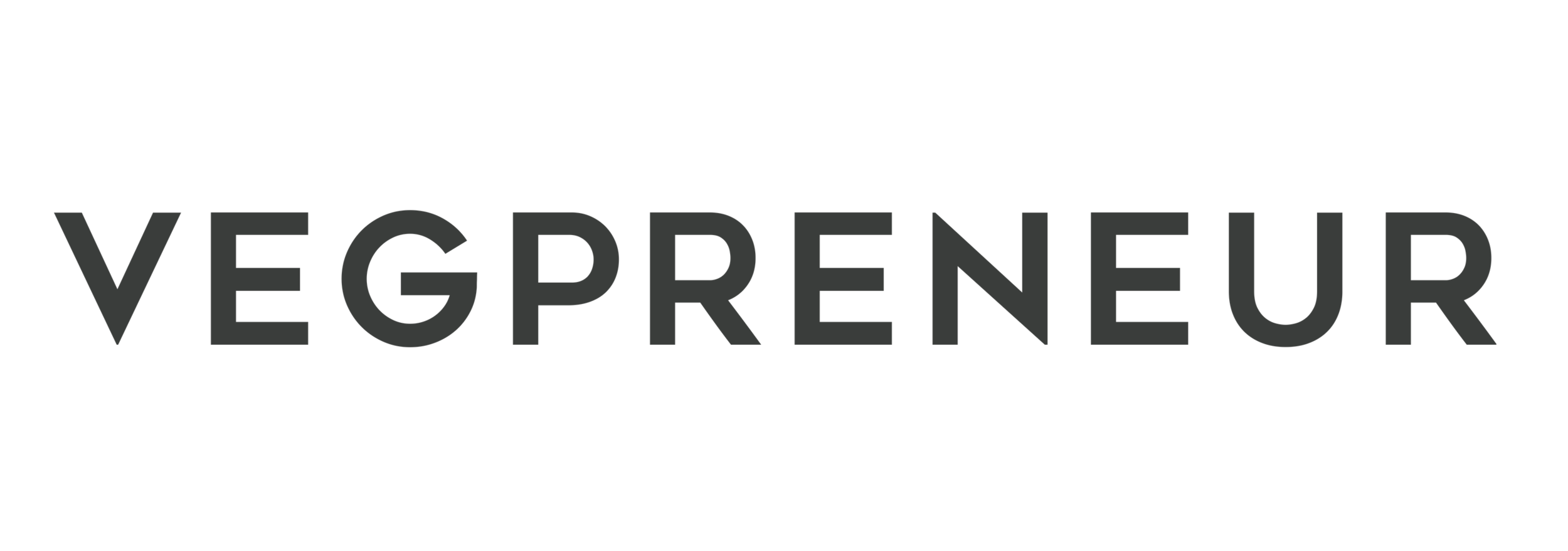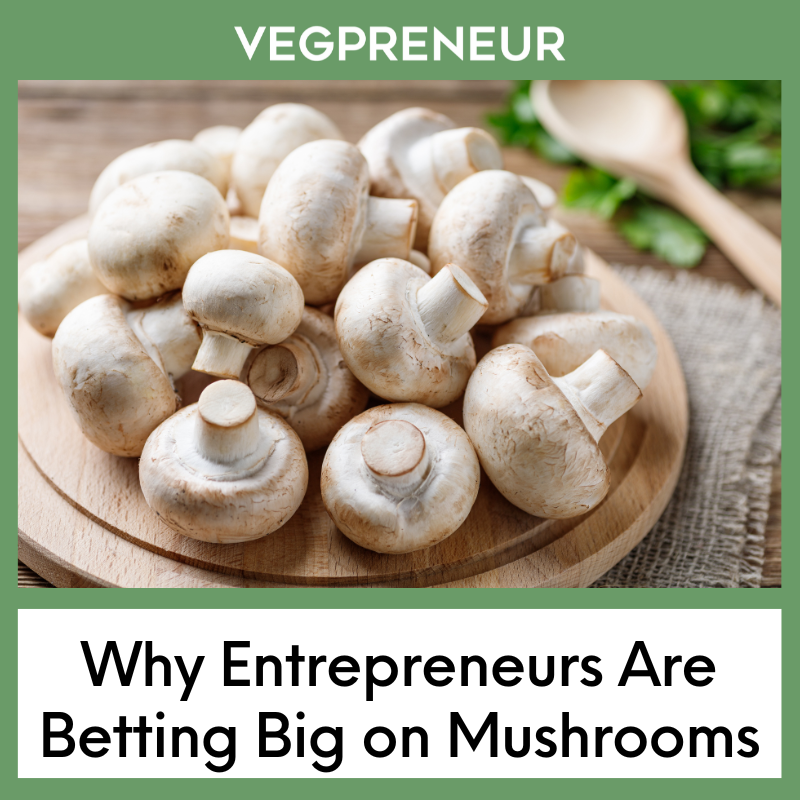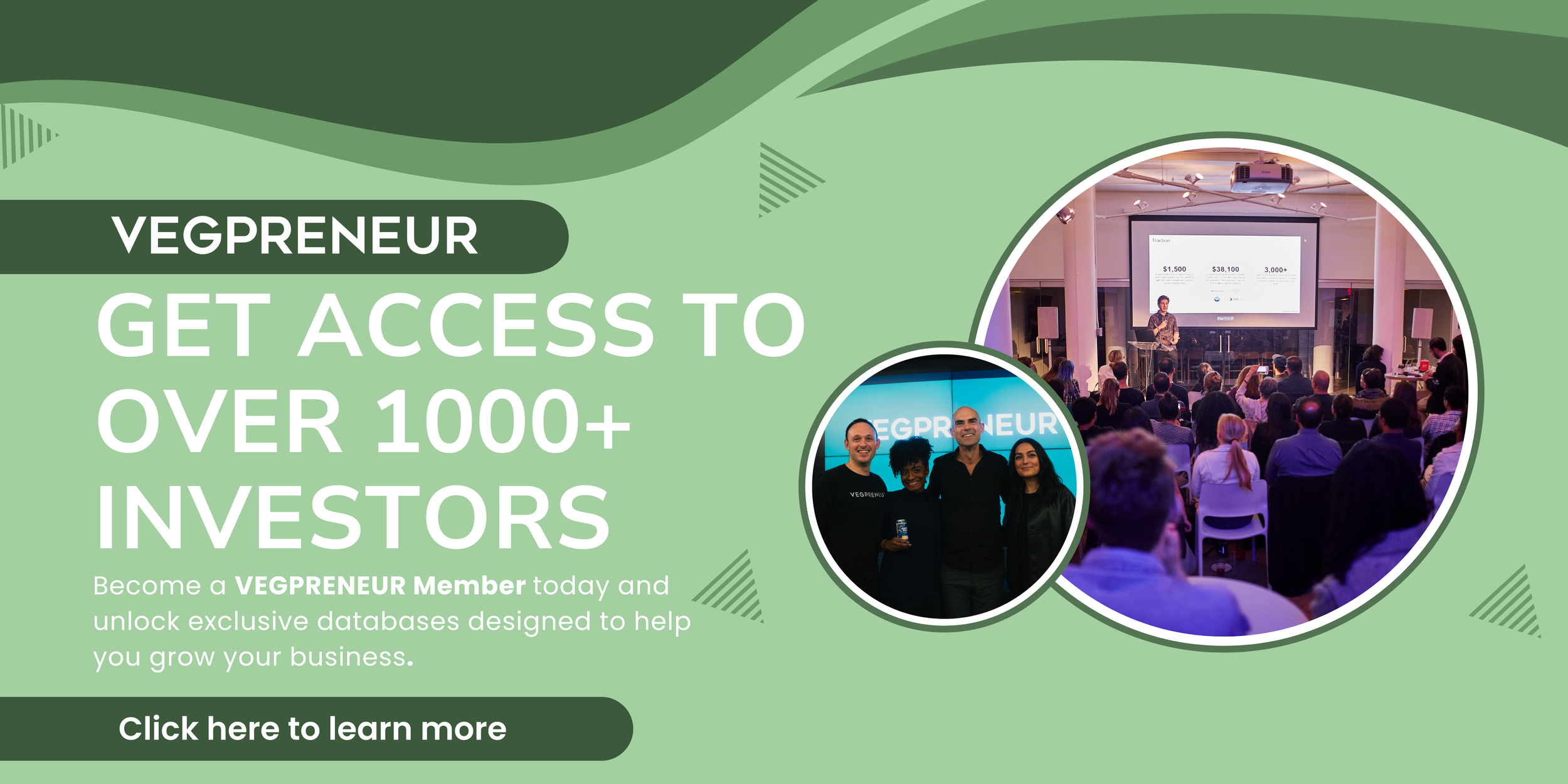Why Entrepreneurs Are Betting Big on Mushrooms
Written by The VEGPRENEUR Team
Mushrooms are emerging as one of the most innovative and sustainable materials on the planet, reshaping everything from food to fashion to packaging.
In the rapidly evolving world of sustainable innovation, few materials have captured the attention of entrepreneurs, investors, and conscious consumers quite like mushrooms. Once seen exclusively as a nutritious ingredient, fungi are now transforming multiple industries from next-gen leather alternatives to biodegradable packaging and high-tech food production. For plant-based brands and mission-driven founders, mushrooms represent not just a trend but a foundational shift towards climate-positive solutions.
A Regenerative Super-Material With Endless Potential
Unlike most crops, mushrooms grow rapidly, require minimal land and water, and thrive on agricultural byproducts. Mycelium, the root-like network beneath the mushroom, has become one of the most versatile biomaterials in the world. It can be grown in nearly any shape or density, making it ideal for replacing harmful plastics, animal products, and synthetic foams.
At a time when companies are under pressure to reduce emissions and eliminate waste, fungi offer a truly scalable alternative.
1. Mycelium Leather: A Breakthrough for Sustainable Fashion
Traditional leather comes at a high cost: deforestation, methane emissions, tanning chemicals, and animal cruelty. Mycelium leather offers a cruelty-free, biodegradable, and highly customizable alternative that major fashion houses are already experimenting with.
Why It’s Revolutionary
Low-impact production: Mycelium grows in days, not years. No livestock, no land-intensive grazing, no toxic tanning.
Full customization: It can be grown to precise shapes and textures, smooth, pebbled, suede-like, or structured.
Durable & beautiful: Today’s innovations rival premium hides in quality and performance.
Industry Leaders to Know
Mylo™ by Bolt Threads – Pioneered mushroom leather for brands like Stella McCartney.
MycoWorks – Raising global attention for its fine-grade mycelium alternative, Reishi™.
Ecovative – Designing custom mycelium materials that mimic the feel of traditional leather.
For plant-based brands, mushroom leather isn’t just an ethical swap; it’s a marketing differentiator that aligns with rising consumer demand for luxury sustainability.
2. Mushroom Packaging: The Biodegradable Solution to Plastic Waste
Styrofoam and plastic packaging have become global environmental threats. Mycelium packaging is changing that narrative by offering a compostable, toxin-free alternative that performs just as well.
Why Packaging Innovators Are Turning to Mushrooms
Fully biodegradable: Breaks down in soil within weeks, leaving behind nutrients, not microplastics.
Shock-absorbent & lightweight: Ideal for shipping delicate electronics, cosmetics, and glass products.
Low-cost & low-energy: Grown in molds using agricultural waste like hemp, wood chips, or corn husks.
Real-World Use Cases
Packaging for skincare and beauty brands
Molded protective inserts for electronics
Insulated boxes for cold-chain food shipments
Compostable coolers for grocery delivery services
As sustainable packaging becomes mandatory, mushrooms sit at the center of the regenerative packaging revolution.
3. Mushrooms in Food: From Cultivated Proteins to Functional Ingredients
Mushrooms have been a staple in global cuisines for centuries, but today, they’re powering the next generation of plant-based foods.
Why Fungi Are the Future of Protein
Meaty texture: Species like shiitake, lion’s mane, and oyster mushrooms mimic the bite of meat.
High in nutrients: Fiber, protein, B vitamins, and immune-supporting beta-glucans.
Low environmental footprint: Grows vertically with minimal emissions.
Fungi-Based Food Innovators
Meati Foods – Producing whole-cut mycelium “steaks” and “chicken” using fermentation technology.
Fable – Elevating mushrooms into richly flavored pulled meats and braises.
Nature’s Fynd – Using volcanic microorganisms to create creamy dairy and protein alternatives.
Find our member spotlight on Nature’s Fynd here.
Beyond Meat Alternatives
Mushrooms are also driving trends in:
Adaptogenic beverages
Functional coffees
Mushroom jerky
Brain-boosting supplements
Vegan seafood alternatives
Consumers aren’t just buying mushroom foods, they’re buying into a wellness-forward lifestyle.
Why Mushrooms Matter for Entrepreneurs
Mushrooms aren’t a fad. They’re an entire ecosystem of opportunities for founders and investors who want to build for the future.
The Advantages for Plant-Based Brands:
Scalability: Mycelium grows fast, perfect for commercial expansion.
Circularity: Waste becomes value, aligning with global ESG goals.
Versatility: One material can replace leather, foam, plastic, and even protein.
Marketing power: “Mycelium” signals innovation, sustainability, and premium quality.
The mushroom economy is projected to grow exponentially over the next decade as more companies look for regenerative materials and climate-aligned production models.
From leather to packaging to food, mushrooms are reshaping the way we think about materials, design, and sustainability. They’re regenerative, efficient, and endlessly adaptable, making them one of the most exciting opportunities for modern plant-based brands.
For mission-driven founders, the future is fungal and it’s already here.
Looking for More Insights on Sustainable Materials and Plant-Based Innovation?
Explore our blog for the latest trends, founder stories, and breakthroughs shaping the plant-based industry. Stay up to date on rising vegan brands and discover healthy, sustainable tips you can bring into your own life. And if you’re curious about innovations beyond mushrooms, don’t miss our feature on how seaweed is emerging as a powerful solution to both the plastic and food crises.
Looking to take your business to the next level?
Become a VEGPRENEUR member today to access industry-leading events, mentors, resources, and a global community of innovators!



